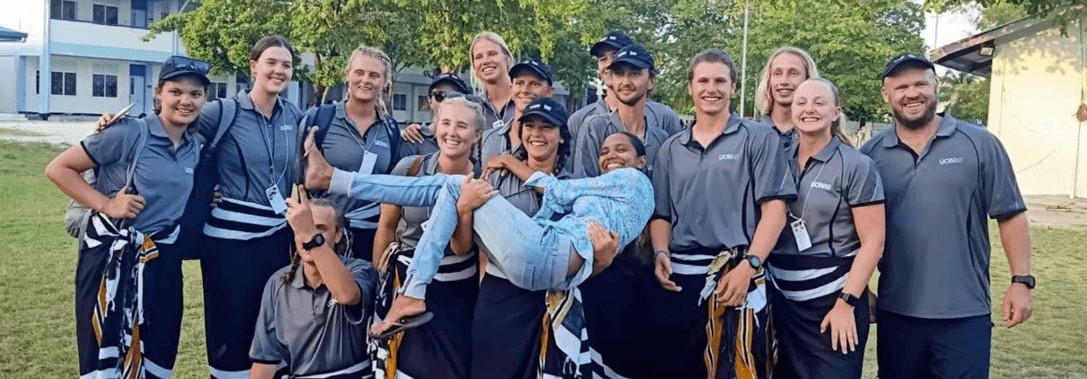
The New Colombo Plan Mobility Program
The New Colombo Plan Mobility Program 2026
The New Colombo Plan (NCP) Mobility Program provides funding to Australian universities to support Australian undergraduate students to develop Indo-Pacific capability through participation in 4 to 9 week credit bearing experiences, including study, language training, internships, mentorships, practicums and/or research.
Resources
- NCP Mobility Program Guidelines 2026
- NCP Mobility Program Advice to Applicants 2026
- NCP Mobility Program Official Website
- NCP Mobility Program Addendum 2026
How to Apply
- Step 1: Email debbie.choi@newcastle.edu.au to request access to the NCP system (ISEO)
- Step 2: Read the 2026 Round Guidelines and attend the Zoom Info Session at 10 am on 22 August
- Step 3: Complete and submit your application via ISEO by 10 September
- Step 4: Global Experience team will seek endorsement from your Head of School
- Step 5: Global Experience team will submit all endorsed applications formally to DFAT
Timeline
Stage 1 – Application | |
22 August | Info Session |
18 Aug – 10 Sept 2025 | Application (via ISEO) – Email Debbie for ISEO access |
Stage 2 – HOS Endorsement & Formal Submission | |
11 – 17 Sept 2025 | HOS endorsement |
18 – 23 Sept 2025 | Formal submission on ISEO by GE team |
Stage 3 – DFAT Selection Process & Outcome | |
Sept – Nov 2025 | DFAT assessment on applications |
Dec 2025 | Outcome announcement and Grant Agreements |
Stage 4 – Project Delivery | |
1 Jan 2026 – 28 Feb 2028 | Delivery of mobility projects in-countries |
Contact
If you have any questions or require additional support to complete the application process, please contact the Global Experience team at Global-Experience@newcastle.edu.au
The University of Newcastle acknowledges the traditional custodians of the lands within our footprint areas: Awabakal, Darkinjung, Biripai, Worimi, Wonnarua, and Eora Nations. We also pay respect to the wisdom of our Elders past and present.

